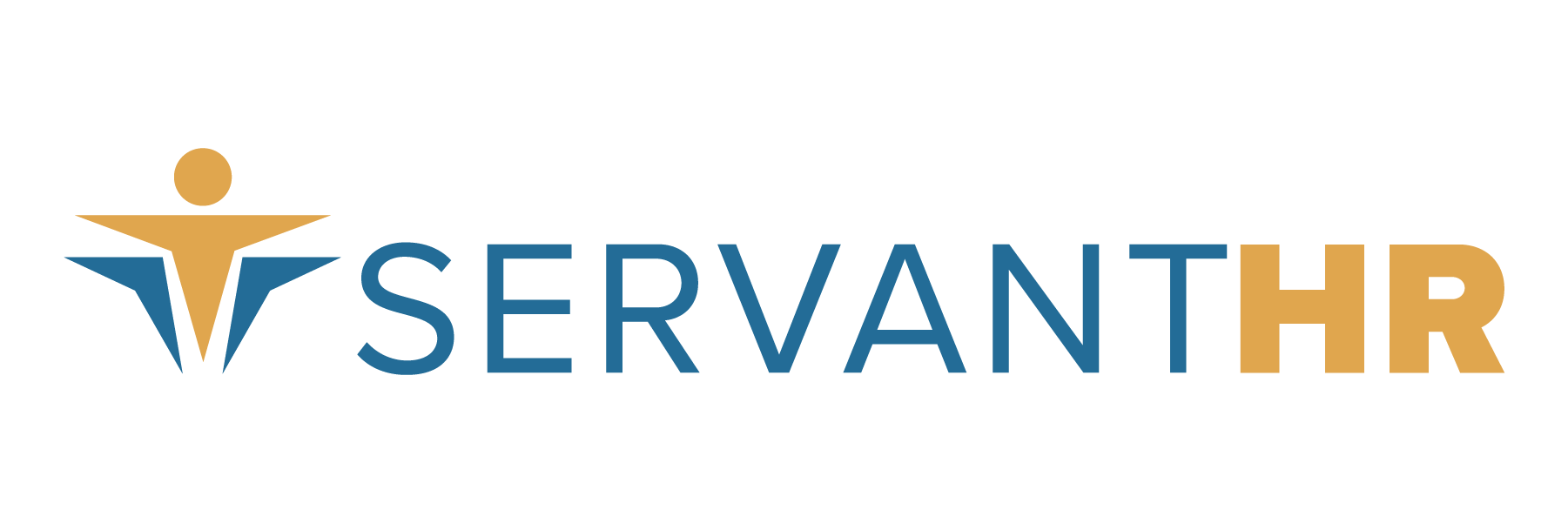The transition to remote work due to Covid-19 has presented multiple challenges for employers.
At the beginning of the pandemic, the immediate concern was providing tools for virtual communication and ensuring process maintenance. Now, almost a year in, studies are finding that productivity is largely undeterred by the shift to remote work. Many employees are able to continue their work from home – maintaining, and even exceeding in-office performance.
However, recent research from the Society for Human Resource Management (SHRM) shows 71 percent of employers are finding it difficult to adapt to remote work as a way of doing business. And a new Forbes workplace survey reported three-fourths of the U.S. workforce is having a hard time transitioning to full time remote work. So, with booming productivity, why the tough time for both employers and employees?
Even if the day-to-day is running smoothly, work from home can create feelings of isolation among team members. The new remote work environment has been proven to affect focus, a sense of collaboration, and creativity. And for many, remote work can create a high-stress environment that contributes even more to feelings of detachment, loneliness, and depression.
As organizations continue to weather the pandemic from home (with some announcing permanent transitions), employers need to be intentional in supporting efficiency, as well as mental health, a sense of belonging, and community among employees.
The following list features our top five tips for successfully managing employees and maintaining connection while working remotely.
1. Schedule regular team video-calls
A remote team predominantly uses email and other messenger apps for communication. While these channels are functional, they are often devoid of important relational aspects, such as tone and emotion. Video calls add dimension to conversation and help employees feel more connected with one another. Consider implementing mandatory video calls on a regular schedule so that everyone is seen, heard, and communicating often.
2. Give recognition generously
Appreciation goes a long way. Because employees are not seen physically, sometimes recognition of good work is forgotten. Support your employees and prevent burnout by taking extra effort to appreciate them. Public recognition, such as a company-wide message of appreciation or kudos from a high-level leader, is especially powerful. These small thank-you’s help stir a sense of ownership and confidence, while inspiring employees to work even harder.
3. Establish feedback forums
When it comes to critical changes or conflict, remote communication can feel a little awkward. To empower employees, develop a streamlined process to share and receive feedback across various functions. Design regular surveys and implement periodic one-on-one meetings. This will keep you in touch with your team and help you identify challenges in morale early on.
4. Invest in culture building
Reinforce your company values often. Not only will this promote work well-being and right conduct, but it will unify your employees by a common commitment. In addition, plan events outside of work to establish a sense of normalcy. Plan meetings over coffee or occasional group outings to keep up face-time and build connections in person. These things may feel small or inconvenient, but go a long way in building and maintaining a healthy environment.
5. Stay aware and available
Be on the lookout for signs of distress in your employees. Facilitate regular conversations, communicate a “virtual” open door policy, and use every opportunity to make clear to employees that you support and care for them. Be organized, flexible, and ask employees how they can best be managed remotely. Then listen carefully and follow-up. This sounds simple, but empathy, flexibility, and good communication are keys to managing successful workers from a distance.
Have more questions or need help developing a remote work policy? Employee relations is an area Servant HR specializes in. We’d love to help you lose the administrative burden of human resources management, so you can focus on your business. Contact us today and see how we can support you.





